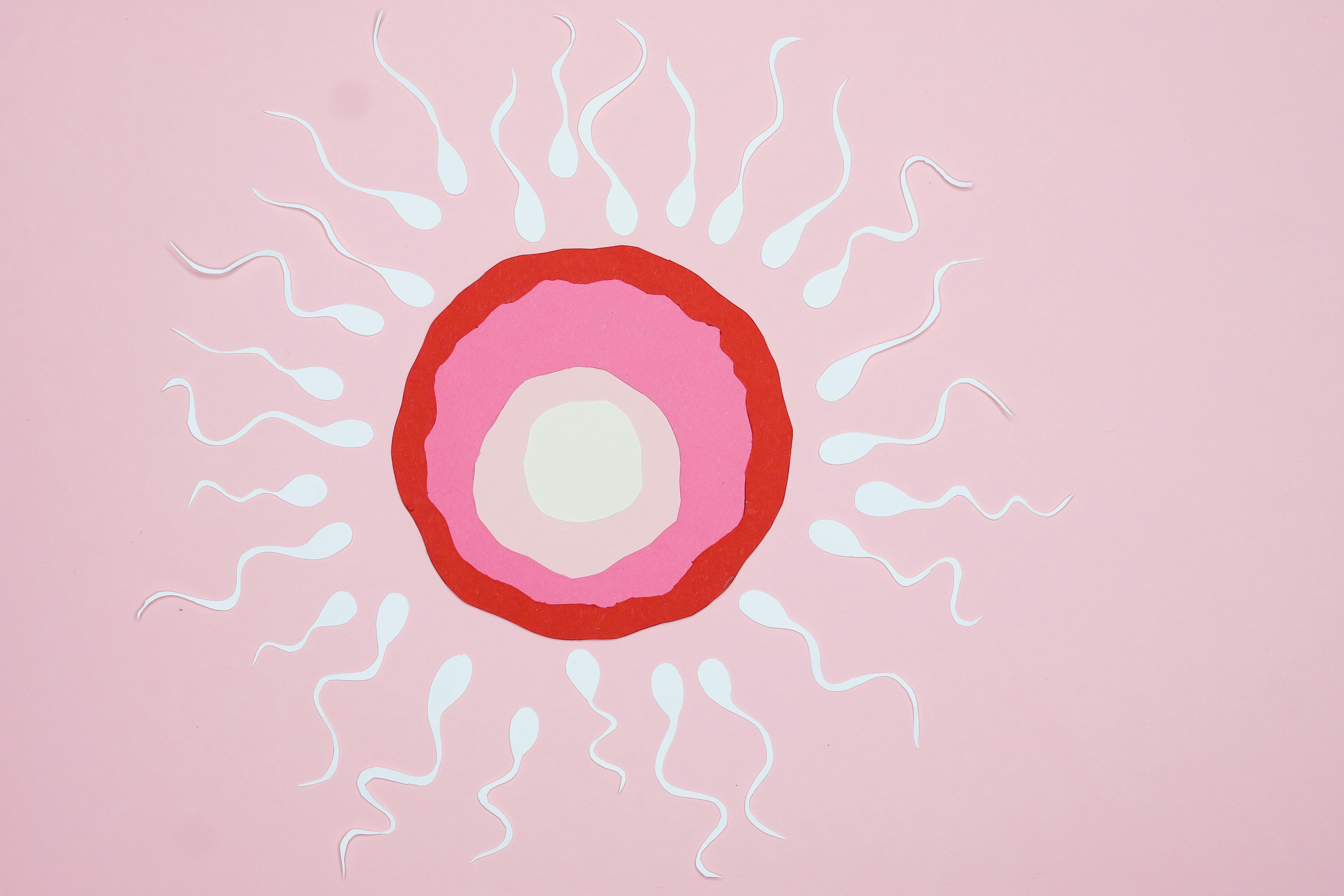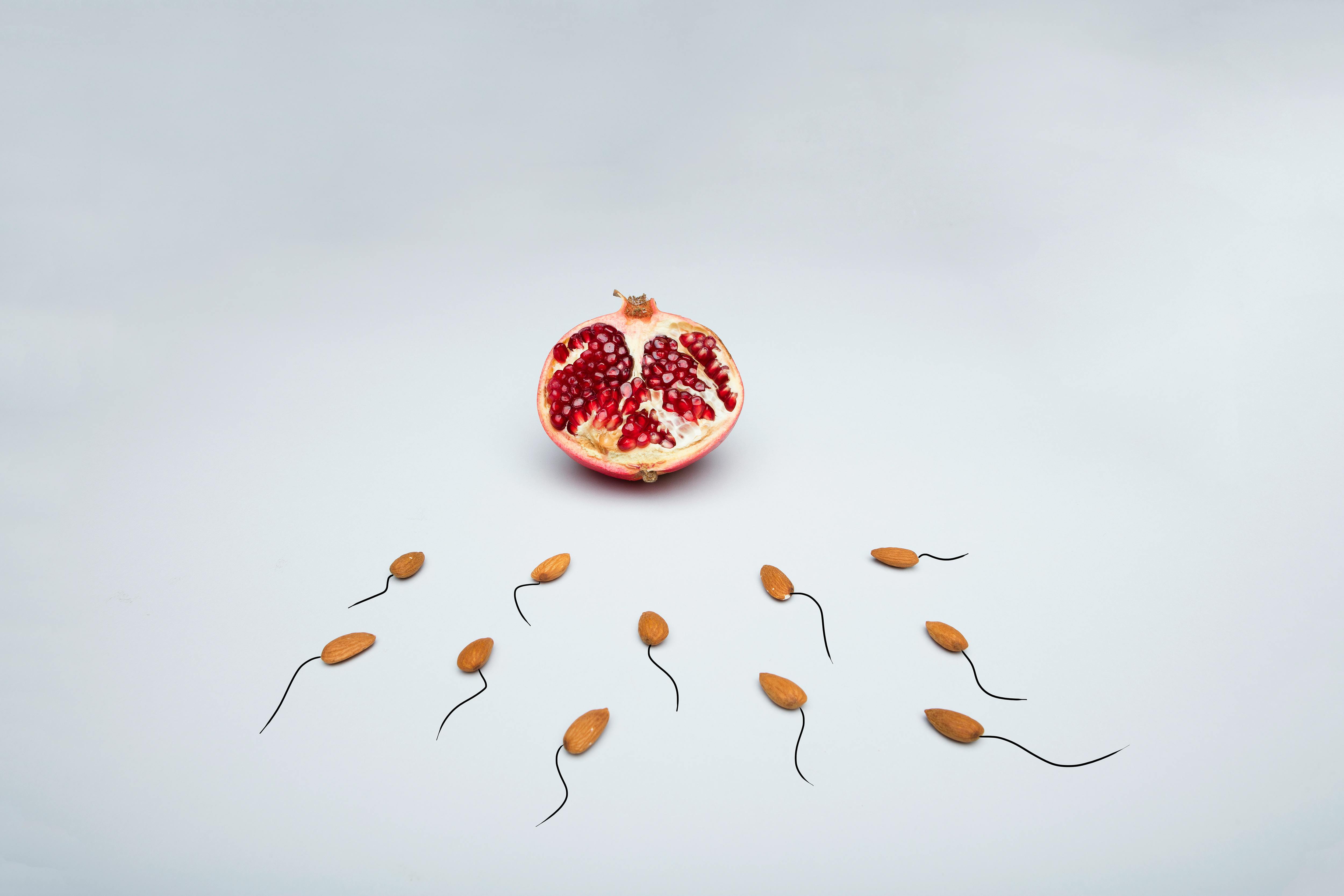If you're considering ICSI with donor sperm, you're likely wondering whether this combination offers real advantages over standard IVF with donor sperm. The answer depends on your specific situation, but there are indeed scenarios where ICSI can provide meaningful benefits even when using donor sperm.
Understanding ICSI with Donor Sperm
Intracytoplasmic Sperm Injection (ICSI) involves directly injecting a single sperm into each mature egg, rather than allowing natural fertilization in a laboratory dish. When combined with donor sperm, this technique can address specific fertility challenges that might not be resolved through conventional IVF alone.
You might assume that since donor sperm is typically high-quality and pre-screened, ICSI wouldn't be necessary. However, several factors can make this combination beneficial for your treatment success.
When ICSI with Donor Sperm Makes Sense
The decision to use ICSI with donor sperm isn't arbitrary. Your fertility specialist will consider multiple factors that could impact your treatment outcome.
| Clinical Scenario | Why ICSI Helps | Expected Benefit |
|---|---|---|
| Previous fertilization failure | Ensures sperm penetrates egg membrane | Higher fertilization rates |
| Low egg numbers | Maximizes fertilization potential of each egg | Better embryo yield |
| Thick zona pellucida | Bypasses natural barrier to fertilization | Improved fertilization success |
| Advanced maternal age | Compensates for egg quality changes | Enhanced fertilization rates |
| Unexplained infertility | Addresses potential fertilization issues | Diagnostic and therapeutic value |
According to research by Palermo et al. (2009), ICSI can improve fertilization rates even with morphologically normal donor sperm when female factors are present, particularly in cases involving unexplained infertility or previous IVF failures.
Fertilization Success Rates: The Numbers
When evaluating ICSI with donor sperm, fertilization rates become a crucial consideration. Standard IVF with donor sperm typically achieves fertilization rates of 60-70%, while ICSI can achieve rates of 70-85% even with donor sperm.
| Treatment Type | Average Fertilization Rate | Best Candidates |
|---|---|---|
| Standard IVF + Donor Sperm | 60-70% | Normal egg quality, no previous failures |
| ICSI + Donor Sperm | 70-85% | Previous failures, low egg numbers, age >35 |
| ICSI + Partner Sperm | 65-80% | Male factor infertility |
These improved fertilization rates can be particularly meaningful when you have a limited number of eggs or have experienced previous treatment failures.
Addressing Egg Quality Concerns
Your egg quality plays a significant role in determining whether ICSI with donor sperm will benefit your treatment. As you age, changes in egg quality can affect fertilization success, even with high-quality donor sperm.
Women over 35 often experience changes in their eggs' zona pellucida (the protective shell around the egg), which can make natural fertilization more challenging. ICSI bypasses this barrier entirely, ensuring that fertilization occurs regardless of these age-related changes.
The technique becomes especially valuable when you're using strategies to improve egg quality but still face fertilization challenges due to structural changes in your eggs.
Previous Treatment History Matters
Your fertility treatment history significantly influences whether ICSI with donor sperm will benefit you. If you've experienced fertilization failure in previous cycles, even with good-quality sperm, ICSI can provide a solution.
Consider Sarah's case: after two failed IVF cycles with donor sperm where fertilization rates were unexpectedly low (less than 30%), switching to ICSI with donor sperm resulted in an 80% fertilization rate and successful pregnancy. This demonstrates how treatment modifications after failed cycles can dramatically improve outcomes.
| Previous Experience | ICSI Recommendation | Expected Improvement |
|---|---|---|
| Low fertilization rates (<50%) | Strongly recommended | 30-40% increase in fertilization |
| Complete fertilization failure | Essential for next cycle | Prevents repeat failure |
| Normal fertilization, poor embryo quality | Consider based on other factors | May improve embryo development |
| First treatment cycle | Evaluate individual risk factors | Preventive approach |
Laboratory Quality and ICSI Success
The success of ICSI with donor sperm heavily depends on laboratory expertise and equipment quality. Advanced embryology labs use sophisticated micromanipulation systems and maintain optimal culture conditions that can significantly impact your treatment outcome.
At Avida Fertility, our state-of-the-art laboratory employs experienced embryologists who specialize in ICSI techniques. The precision required for ICSI demands extensive training and consistent practice, which directly correlates with your treatment success rates.
Research indicates that laboratory quality significantly impacts ICSI outcomes, with experienced labs achieving fertilization rates 10-15% higher than less experienced facilities.
Cost-Benefit Analysis
ICSI typically adds $1,000-2,000 to your treatment cycle cost. When considering this investment, evaluate the potential benefits against your specific circumstances.
| Scenario | Additional ICSI Cost | Potential Benefit | Cost-Effectiveness |
|---|---|---|---|
| First cycle, good prognosis | $1,500 | Modest improvement | Consider other factors |
| Previous fertilization failure | $1,500 | Significant improvement | Highly cost-effective |
| Low egg numbers | $1,500 | Maximizes each egg | Very cost-effective |
| Advanced maternal age | $1,500 | Compensates for age factors | Cost-effective |
When you consider the emotional and financial investment of a complete IVF cycle, the additional cost of ICSI often represents good value if it significantly improves your chances of success.
Potential Risks and Considerations
While ICSI with donor sperm is generally safe, you should understand the potential considerations. The technique involves direct manipulation of your eggs, which carries a small risk of egg damage (typically less than 5%).
Some studies have suggested slightly higher rates of certain birth defects with ICSI, though the absolute risk remains very low. According to Hansen et al. (2013), the overall risk of major birth defects with ICSI is approximately 4.2% compared to 3.5% with conventional IVF, though this difference may be related to underlying infertility factors rather than the ICSI procedure itself.
Your fertility specialist will discuss these risks in the context of your individual situation and help you make an informed decision about whether the benefits outweigh the potential concerns.
Alternative Approaches to Consider
Before deciding on ICSI with donor sperm, your fertility team might suggest alternative approaches based on your specific situation.
A split cycle approach involves using both conventional IVF and ICSI on different portions of your eggs during the same cycle. This strategy can provide valuable diagnostic information while maximizing your treatment success.
Some couples benefit from trying conventional IVF with donor sperm first, especially if there are no obvious risk factors for fertilization failure. This approach can be more cost-effective while still achieving excellent results.
Making the Decision: Questions to Ask
When discussing ICSI with donor sperm with your fertility team, consider asking these important questions:
| Question Category | Specific Questions | Why It Matters |
|---|---|---|
| Personal Risk Factors | Do I have factors that increase fertilization failure risk? | Helps determine necessity |
| Previous History | How did my previous cycles perform? | Guides treatment modifications |
| Laboratory Experience | How experienced is your lab with ICSI? | Impacts success rates |
| Cost Considerations | What's the cost-benefit for my situation? | Financial planning |
| Alternative Options | Are there other approaches to consider? | Ensures comprehensive evaluation |
Success Stories and Realistic Expectations
Many patients have achieved successful pregnancies using ICSI with donor sperm, particularly those who had struggled with previous treatment failures. However, it's important to maintain realistic expectations about what ICSI can and cannot accomplish.
ICSI primarily addresses fertilization challenges. If your main obstacles involve embryo quality or implantation issues, ICSI alone may not significantly improve your overall success rates.
The technique works best when fertilization is the primary barrier to treatment success. Your fertility specialist can help you understand whether this applies to your specific situation.
Frequently Asked Questions
Does ICSI with donor sperm improve pregnancy rates?
ICSI can improve pregnancy rates when fertilization failure is a limiting factor. If you've experienced poor fertilization in previous cycles or have risk factors for fertilization problems, ICSI may increase your overall success rates by ensuring better fertilization of your eggs.
Is ICSI necessary if donor sperm quality is already high?
High-quality donor sperm doesn't eliminate the potential need for ICSI. The technique addresses egg-related factors and fertilization barriers that can exist regardless of sperm quality. Your individual circumstances, including age, egg quality, and previous treatment history, determine whether ICSI provides benefits.
How do I know if ICSI with donor sperm is right for me?
The decision depends on multiple factors including your age, previous treatment outcomes, egg quality, and specific fertility diagnosis. Your fertility specialist will evaluate these factors and recommend ICSI if it's likely to improve your treatment success rates.
What happens if ICSI with donor sperm doesn't work?
If ICSI with donor sperm doesn't result in pregnancy, your fertility team will evaluate the entire cycle to identify potential improvements. This might involve genetic testing of embryos, changes in medication protocols, or consideration of other treatment approaches.
The Avida Fertility Advantage
At Avida Fertility, we understand that every fertility journey is unique. Our experienced team evaluates each patient's individual circumstances to determine whether ICSI with donor sperm will provide meaningful benefits.
Our advanced laboratory facilities and skilled embryologists ensure that when ICSI is recommended, it's performed with the highest standards of precision and care. We believe in transparent communication about treatment options, costs, and expected outcomes, helping you make informed decisions about your fertility care.
Our comprehensive approach includes thorough evaluation of your fertility history, detailed discussion of treatment options, and ongoing support throughout your journey. We're committed to providing personalized care that maximizes your chances of achieving a successful pregnancy.
Considering IVF treatment? Avida Fertility is here to support and guide you on your fertility journey. Reach out today for a personalized consultation and take the first step towards building your family with confidence.






.png)







.svg)
.svg)
